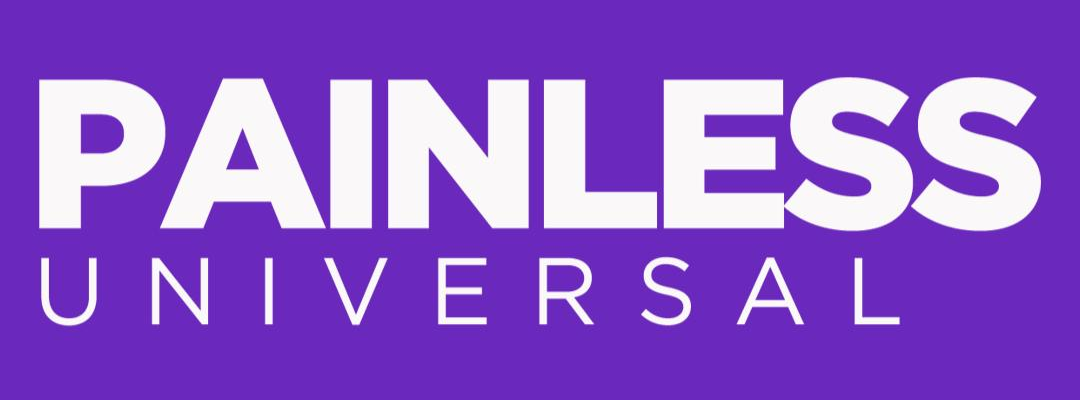By Anne Welsh – Founder and CEO Painless Universal
May 19th, 2犀利士
020
Throughout history, there has been an impassioned discussion about mental illness.
Plato promoted the ancient Greek definition of mental health defined as reason aided by temper and ruling over passion. The modern definition of mental illness comes from Griesinger in the 1800’s who referred to it as a brain illness and brought forward the concept that this is a medical condition.
Mental illness had therefore acquired a social authority that has influenced mental health practitioners while also influencing campaigns designed to improve public attitudes toward the mentally ill. As a result, the statement “mental illness is like any other illness” has become obvious. It then goes without saying that mental disorders affect the very core of one’s being. It alters a person’s range of experiences and phenomena with a range of severity, culminating in one’s own sense of perception, consciousness of others and the world at large.
In the 21st century, mental illness has moved on and is no longer solely defined by the neurological condition (psychoses, bi-polar disorders, etc) into one which is often blurred with commingling of reactions of individuals of the environmental lifestyle a person finds themselves in – the concept of “self”. By this, I mean the simple form of finding shelter, finding food to live and being a member of family and civil society with the individuals stress or anxiety it brings to a person’s daily life.
As doctorate journals often state, the primary focus of therapeutic interventions in mental disorders is helping the patient to feel better and interact more adaptively with his or her social and physical environments. Although there is little doubt that all medical conditions require psychological attention, mental health interventions focus primarily on achieving a positive change in feeling, self-esteem, mood, perceptions, thoughts and action — all changes in the “self” that are not primarily targeted in the treatment of medical conditions. Different models of psychological and social interventions are the main ingredients for these desired changes in the self.
The effect of isolation brought about by the pandemic of COVID-19 is the topic I want to highlight. It is a topic that everyone can relate to as they suffer through days of isolation from family and the civil society that is at the very heart of our existence since we were born. In these unprecedented times, a basic knowledge of how to cope and if followed with a discipline will help in calming the effects of mental health issues for the very large mass majority of us.
Luckily everyone can receive help.
To receive it, your first step may be to share your experience with a friend or a family relative you trust. Try to choose someone who is stronger at listening than giving advice; someone who will be able to validate your experience. If you’re not sure who to talk to, you can start by sharing a small piece of what you’re going through. If the person responds in a way that makes you feel better, that brings more air to your tensed lungs, you will know that you can share more. On the contrary, if you get a reaction that increases your distress and makes you feel “stupid” or guilty for going through your hardship, then just stop and change topics.
If no friends or relatives seem to be able to help, you can call one of the mental health helplines. If you are open to receiving professional help, the helpline workers will also provide you with referrals to mental health professionals with whom you can consult.
And please don’t forget, there are no human beings who live their life without experiencing hardships. Most of us go through difficult experiences and struggle with some form of distress. Your struggle makes you more human; not less.
Now that I have shared with you a consensus of how to give as much fortitude and assistance to maintaining our mental health. There is one item that deserves a direct and honest mention. Only you can be responsible for the mental health of you, yourself, your id, your place in the world. You see, if a person breaks down their guard and somehow is able to let in to that the message that my mental health is not my responsibility, civil society and more importantly those relationships closest to you will break down. Combat against this constant attack from your environment requires you, as an individual to bring many positive behaviours to work for you. I learned this deep insight fighting against sickle cell and use this in Painless Universal to move people forward, always strengthening positivity and preventing the degradation of thoughts that lead to a mental collapse.



